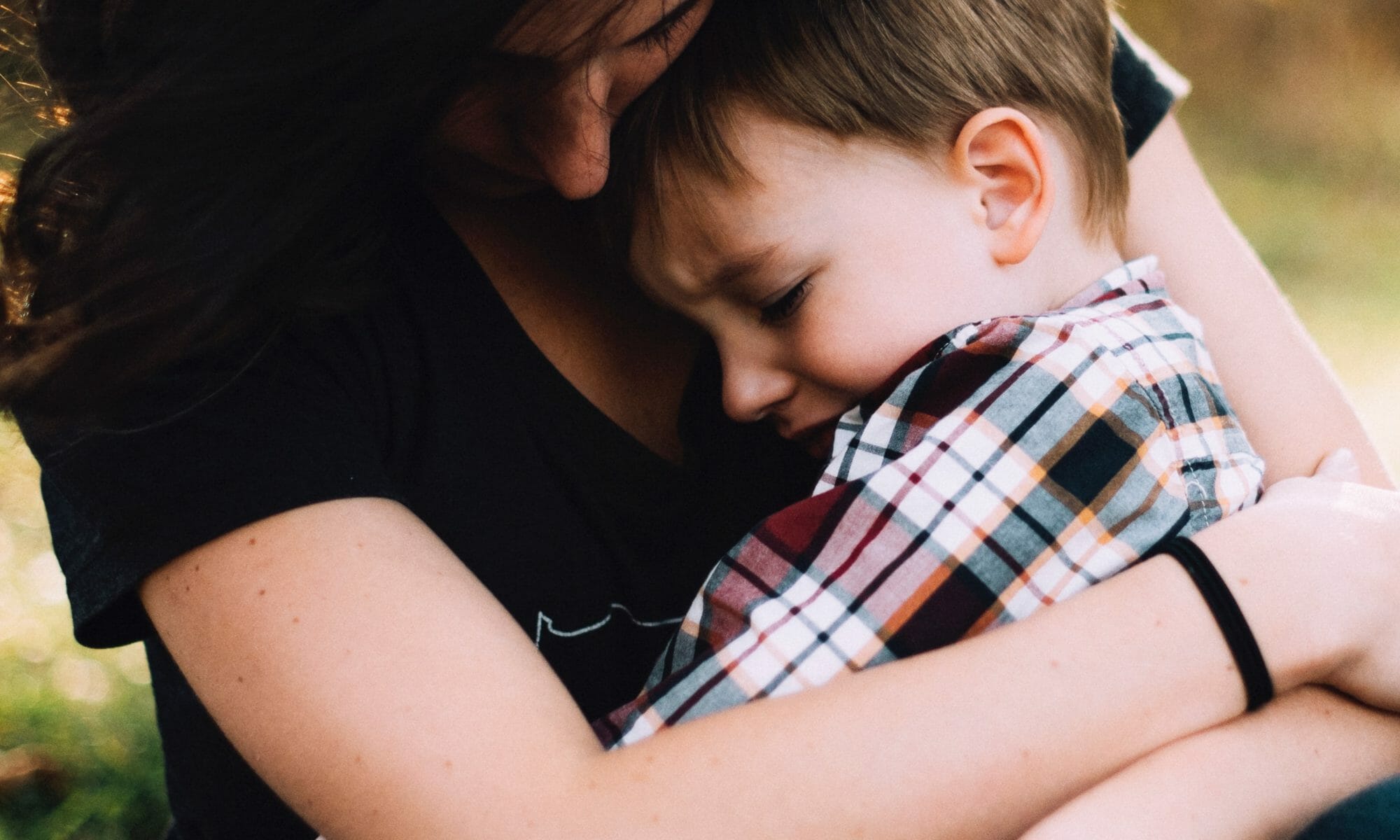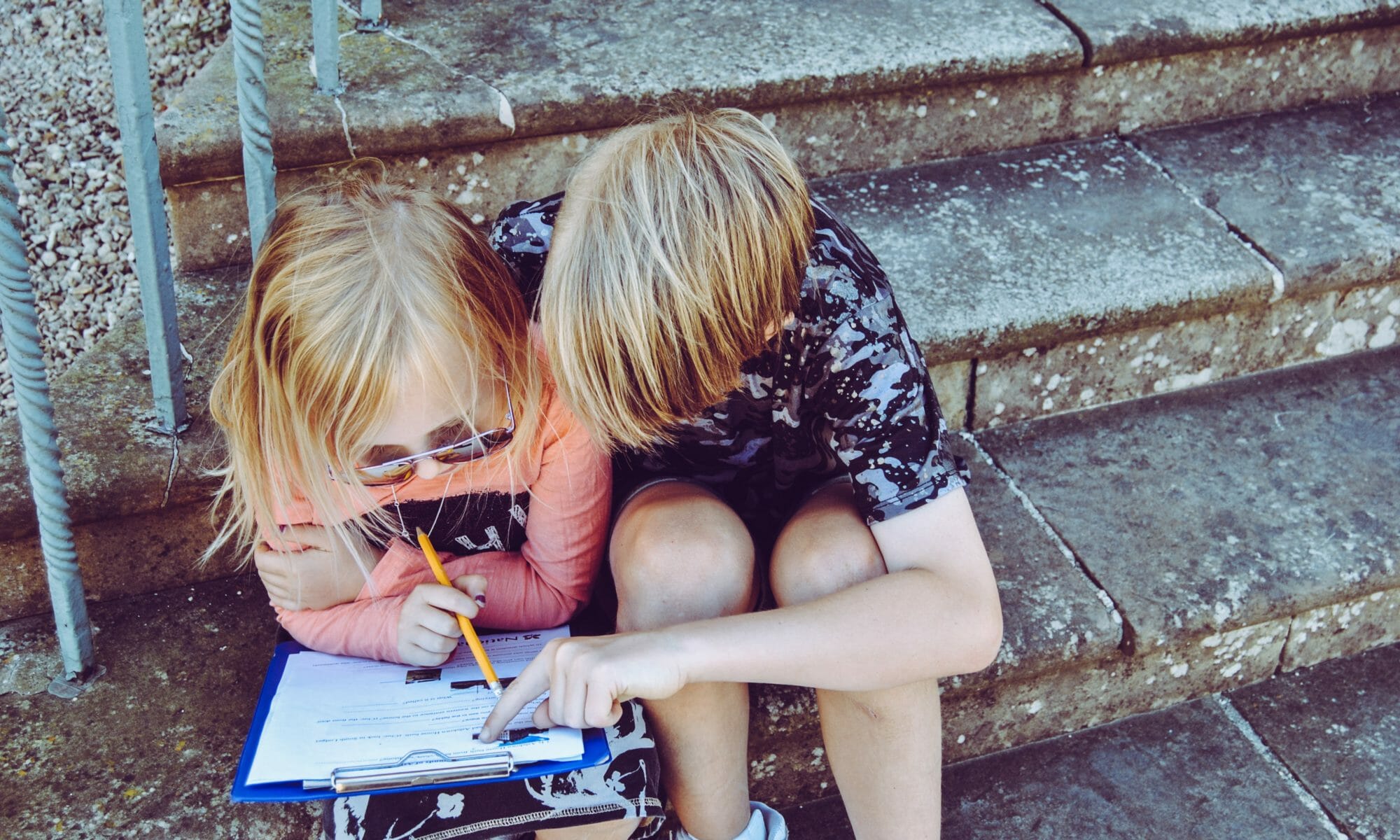Divorce: It’s like a new adventure, full of twists and turns. Parents and kids are on this journey together, and it can be challenging. Kids especially need someone to help them find their way. Their feelings can be all over the place, so understanding their emotions is key to making sure they feel loved and supported by both parents.
In this guide, we’ll look at how divorce affects kids at different ages, from babies and toddlers to school kids and teens. We’ll also talk about what influences how kids see divorce and the common feelings they might have.
Factors That Affect How Kids See Divorce
Kids’ reactions to divorce can be influenced by several things, such as:
- Their age and stage of development
- Their relationship with each parent
- The level of conflict and communication between parents
- The family’s financial situation and access to resources
- Cultural and religious beliefs
- Past experiences with family changes
Common Emotional Reactions of Kids to Divorce
Your child might feel a mix of emotions during a divorce, and you may notice following things:
- Sadness, grief, and a sense of loss
- Anger, resentment, and frustration
- Anxiety, fear, and insecurity
- Guilt, self-blame, and low self-esteem
- Withdrawal, depression, and social isolation
How Children Feel About Divorce at Different Ages
Infants and Toddlers
Even babies can sense when their parents are stressed or upset during a divorce. If they don’t get extra comfort, they might become very clingy, cranky, or have angry outbursts. During this time, it’s crucial to keep their daily routines the same. This means regular nap times, meals, and playdates should not change. They also need extra hugs, comfort, and attention. For example, if a toddler usually goes to bed at 8 PM, make sure this stays the same even if parents are going through tough times.
Pre-School and Early Elementary Years
Young children in preschool and early elementary school might show their stress by throwing tantrums or acting out. The parent who doesn’t live with them all the time should try to visit more and spend extra time reassuring them. These children often feel insecure and need to know they won’t be left alone. They might even try to get their parents back together, like in the movie “Parent Trap.” For instance, a child might start crying more often or misbehaving in school to get more attention from their parents.
Adolescents and Early Teens
Kids around 12 or 13 often feel mad or upset when their parents break up. They might say their head or tummy hurts more often, and if they have a problem like asthma, it could get worse. They might start lying, trying to trick people, or even stealing little stuff. It’s important to talk to them a lot and tell them what’s going on. Treat them like grown-ups and share info with them. Keep an eye on what they do at school and home, and make sure they follow the rules. Getting help from a family counselor can help them deal with their feelings. If your teen skips school or stays in their room a lot, it means they need more help.
Teenagers
Older teenagers have a better understanding of divorce but may still respond immaturely, often concealing their emotions. Encouraging open dialogue about their feelings is essential. Be vigilant for signs of depression, such as withdrawal from school activities, friends, or the use of alcohol or drugs. Avoid placing adult responsibilities on them, like expecting a teenage boy to assume the role of the man of the house or a teenage girl to care for younger siblings, as they are still children and should be allowed to act their age.
Also, Respect their autonomy in deciding how frequently they want to visit each parent and remain flexible with their living arrangements; for example, if a teen prefers to stay with one parent during the week and the other on weekends, support this decision to help them feel a sense of control.
Finally I’d like to say, Divorce can be challenging for your children. But with the right support and understanding, they can navigate this transition and emerge stronger. If you need any help, contact us today or schedule a meeting.










